JAPAN FOLLOWS US NAVY LEAD, ESTABLISHES UFO REPORTING PROCEDURES
- By Alex Hollings
Share This Article
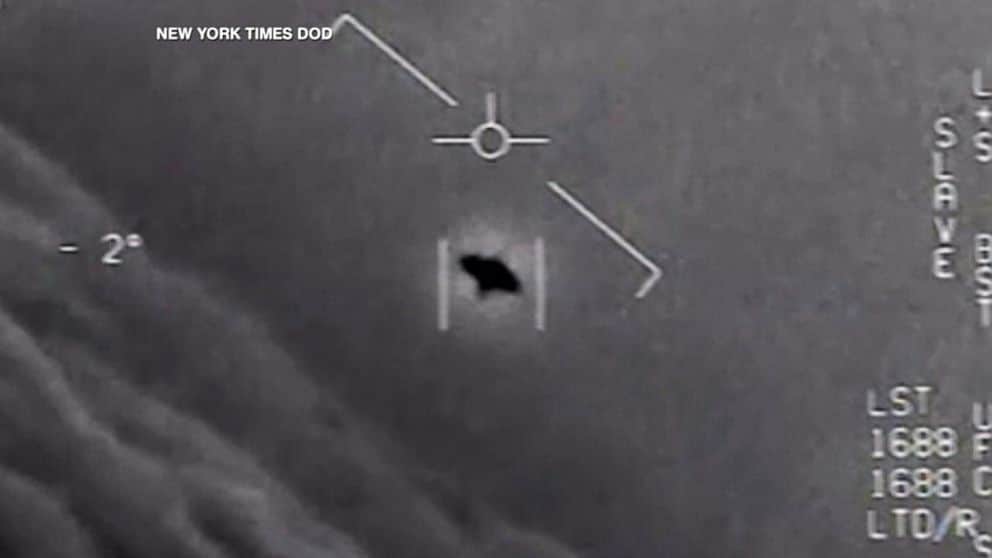
Japanese Defense Minister Taro Kono has announced new standing orders for troops serving in Japan’s Self Defense Force who spot unusual lights, or UFOs, in the sky. Following in the well publicized footsteps of the U.S. Navy, troops will now have a formalized reporting process for UFO sightings.
According to Japanese media sources, the Japanese Self Defense Force does not have any known cases of troops encountering UFOs, but sees the establishment of reporting procedures as a prudent step in this modern era of ever-advancing military technology. While conventional military aircraft can often be mistaken for something more exotic in they sky simply because they tend not to fly like more common commercial or private aircraft, there’s a more pressing reason for further investigation into these unusual sightings than simply keeping tabs on airplane and helicopter traffic.
The United States, Russia, and China are all currently racing to develop hypersonic weapons and aircraft capable of maintaining speeds in excess of Mach 5. To offer some insight into just how incredible these speeds are, it’s worth noting that the SR-71, the fastest production military aircraft in history, could only do slightly better than Mach 3. Because of the incredible friction created by air molecules impacting the aircraft at those speeds, the SR-71 had to utilize a solid quartz windshield, as a traditional glass windshield would melt in those conditions.
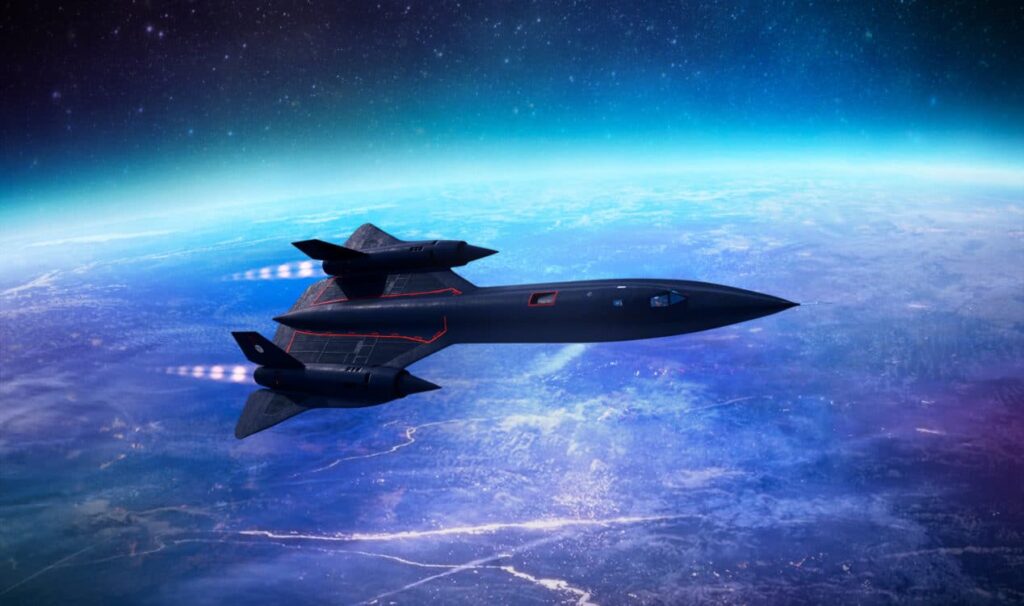
High speed weapons and even aircraft aren’t the only burgeoning technologies that could easily be mistaken for a spaceship from another world. The U.S. Navy themselves recently patented laser induced plasma filament technology that could — very literally — create a UFO hologram in mid-air, complete with infrared signature.
This technology is being developed for aircraft missile defense — a fighter with an infrared (or “heat seeking”) missile fired at it could engage it’s laser induced plasma filiment hologram technology to create the illusion of another, hotter aircraft in open space nearby. The inbound missile would then divert to the more significant IR signature produced by the hologram, and leave the aircraft itself unscathed.
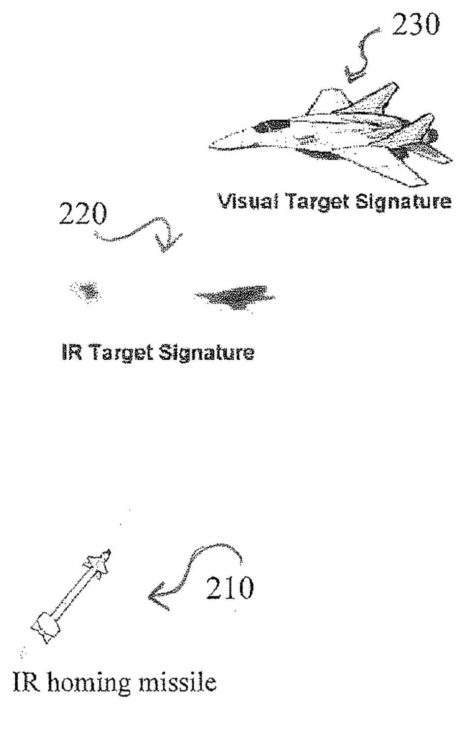
Related: CUTTING EDGE NAVY TECH COULD FAKE FIGHTERS, UFOS USING LASERS
While imagining that the U.S. Navy and now the Japanese Self Defense Forces may be hot on the trail of uncovering extraterrestrial visitors, the impetus behind establishing these new procedures is decidedly down to earth. If in fact some of the reports coming in from military personnel really do suggest alien visitors, that, of course, could represent a threat to the safety of the American and Japanese people… but perhaps more pressing is the possibility that these incursions into U.S. and other airspace may not be alien at all… but rather technology demonstrators or even advanced platforms developed right here on earth, being leveraged by nations like China.
Last year, the United States Navy made headlines around the world when they announced new reporting procedures for Navy aviators who spot unusual phenomena in the skies. The announcement came on the heels of months of discussion about three U.S. Navy videos that reached the public before they were formally declassified earlier this year.
The videos themselves, which were taken in 2004 and 2015, show U.S. Navy fighter pilots attempting to intercept unusual objects the Navy refers to as “unexplained aerial phenomena.” That phrase, and its abbreviation, UAP, has come to serve as a new replacement for the dated “UFO” acronym that many now see as synonymous with extraterrestrial craft. The new term, UAP, can now be found readily all over the internet, being used by both serious investigators and outspoken conspiracists alike.
As the New York Times came to discover in 2017, the Pentagon had actually invested some $22 million between 2007 and 2012 into investigating unusual reports from service members in what some have called a real life version of the popular Fox TV series, “The X-Files.” While funding was cut off in 2012, the investigations reportedly continued under the supervisions of a man named Luis Elizondo, who has since gone on to join the staff of Tom Delonge’s To the Stars Academy, which is an organization devoted to finding ways to leverage this sort of unusual phenomena commercially.
In August of this year, the U.S. Defense Department announced the establishment of an Unidentified Aerial Phenomena (UAP) Task Force (UAPTF) that will answer directly to the Office of the Under Secretary of Defense for Intelligence and Security, to further the investigation into these and other unusual reports.
“The Department of Defense established the UAPTF to improve its understanding of, and gain insight into, the nature and origins of UAPs. Â The mission of the task force is to detect, analyze and catalog UAPs that could potentially pose a threat to U.S. national security.”–Pentagon Press Release
While stories of alien visitors date back as far as written history, America itself was first introduced to the idea of alien spacecraft visiting earth during World War II, when pilot’s reports of unusual lights in the sky they called “Foo Fighters” made headlines all over the country. The 1947 Roswell incident that allegedly saw the recovery of a crashed alien spacecraft in New Mexico, as well as reports of UFOs flying over the White House in 1952 and many others went on to solidify the idea of flying saucers visiting earth in the minds of many Americans.
Since those early days of UFO-mania, the federal government has investigating reports under the purview of a few different official programs like the Air Force’s Project Blue Book, but has largely remained dismissive of the idea that these strange sightings might actually be alien in nature. In fact, the classic joke that UFO sightings are “just swamp gas” originates in these formal efforts to explain away unusual sightings.
Today, however, the American defense apparatus seems more interested than ever in exploring unusual reports made by service members, and it makes good sense that Japan would follow suit. Both the United States and Japan have found themselves in a veritable staring match with China over sovereignty claims in the South China Sea, prompting both nations to take reports of seemingly advanced technology in the air above this contested region rather seriously. After all, one man’s UFO could always be another’s man’s advanced stealth drone.
Of course, these are not the only nations to report UFO activity. Earlier this year, the U.K. Ministry of Defense published the entirety of its UFO investigation archives, and in 2018 the Chilean government released footage of a UFO captured by a Chilean Navy helicopter pilot in 2014, saying they had exhausted any possible explanation for the footage.
While establishing reporting procedures within the U.S. Navy and Japanese Self Defense Forces may help these two governments get to the bottom of these unusual sightings and reports, that doesn’t mean the general public will be in the loop any time soon. If an investigation were to point toward some kind of advanced technology developed by a nation like China or Russia, the findings would likely remain classified for some time.
Related Posts
Sandboxx News Merch
-

‘AirPower’ Classic Hoodie
$46.00 – $48.00 Select options This product has multiple variants. The options may be chosen on the product page -

‘Sandboxx News’ Trucker Cap
$27.00 Select options This product has multiple variants. The options may be chosen on the product page -

‘Sandboxx News’ Dad Hat
$27.00 Select options This product has multiple variants. The options may be chosen on the product page

Alex Hollings
Alex Hollings is a writer, dad, and Marine veteran.
Related to: Military Affairs
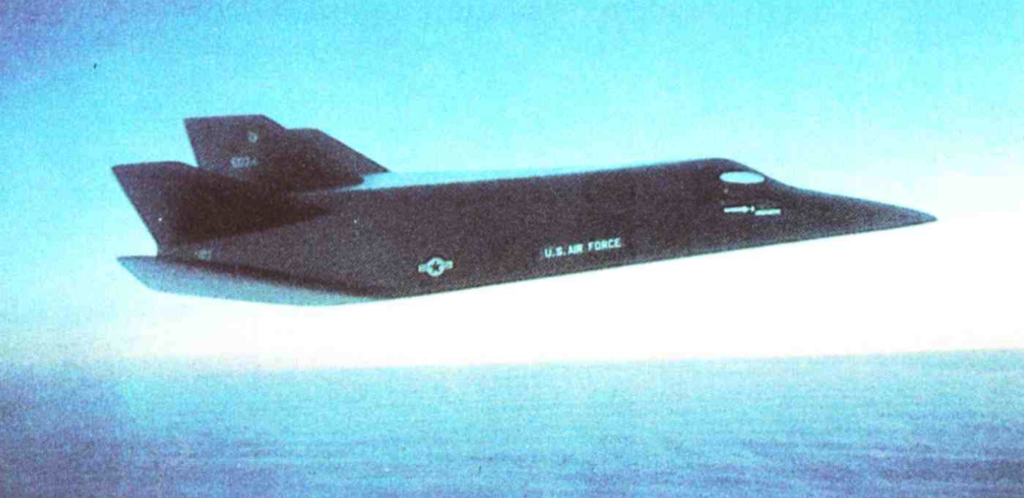
Game-changing military aircraft that were canceled before they could change the game
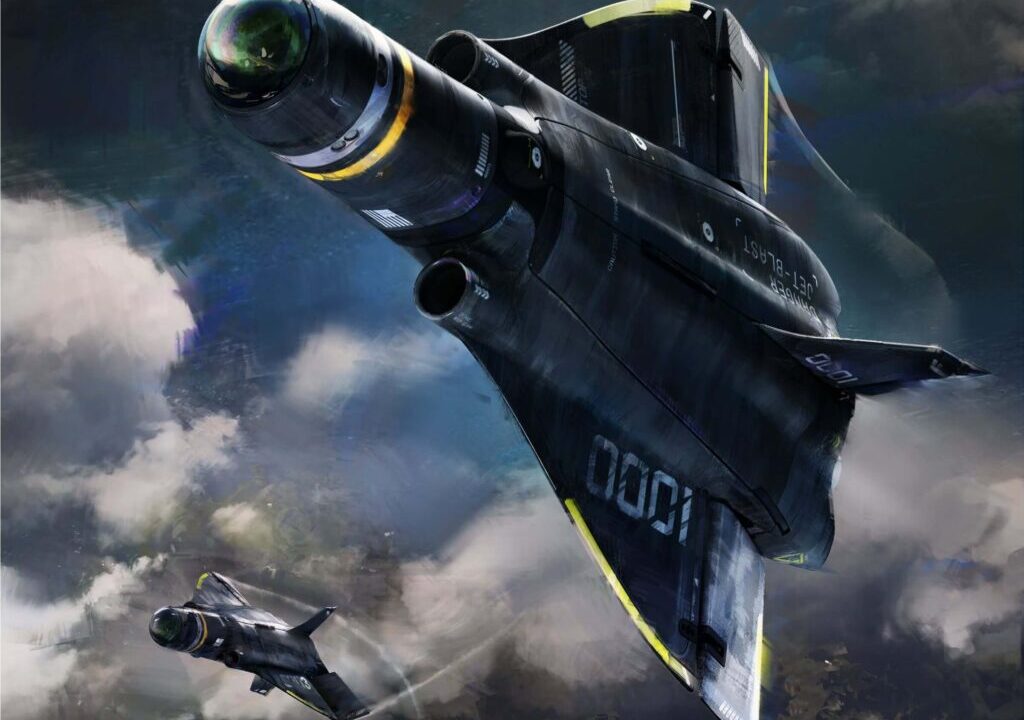
Anduril’s Roadrunner is a unique reusable missile interceptor
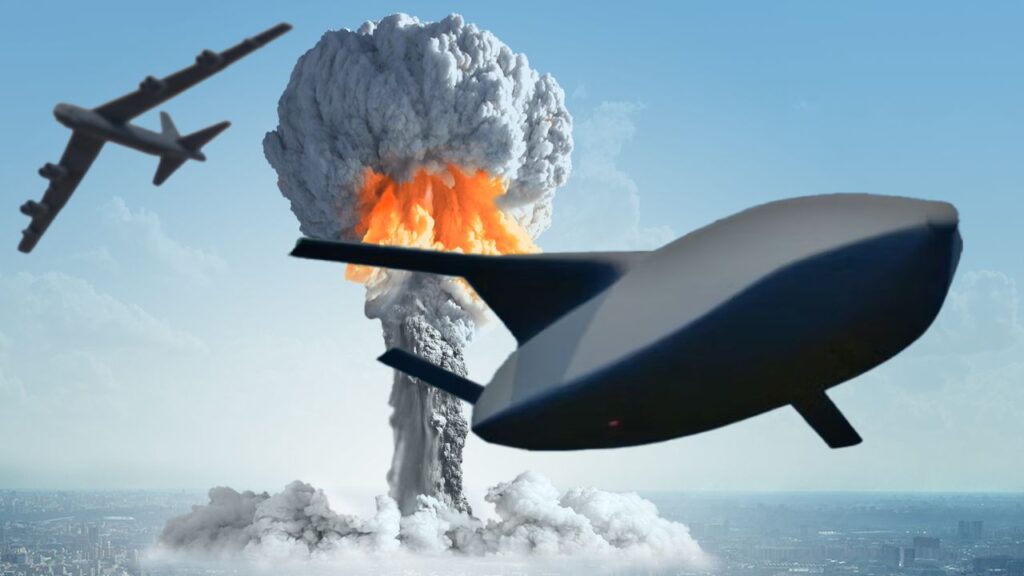
The AGM-181 LRSO missile will modernize America’s nuclear triad
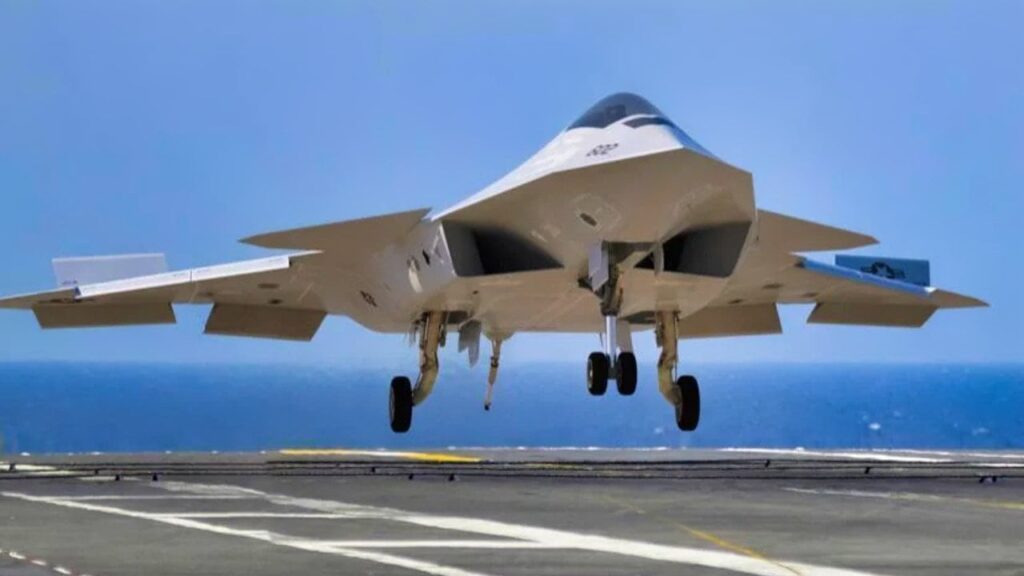
Navy will soon announce the contract award for its F/A-XX 6th-generation jet, according to reports
Sandboxx News
-

‘Sandboxx News’ Trucker Cap
$27.00 Select options This product has multiple variants. The options may be chosen on the product page -

‘AirPower’ Classic Hoodie
$46.00 – $48.00 Select options This product has multiple variants. The options may be chosen on the product page -

‘AirPower’ Golf Rope Hat
$31.00 Select options This product has multiple variants. The options may be chosen on the product page -

‘Sandboxx News’ Dad Hat
$27.00 Select options This product has multiple variants. The options may be chosen on the product page
